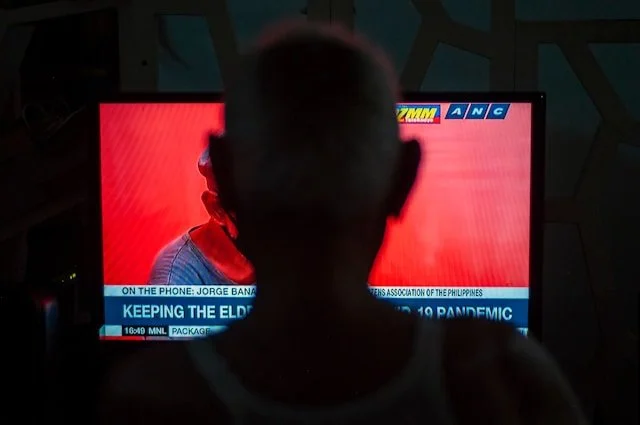There is no single, perfect guideline on what constitutes “normal eating”. Each of our bodies is different, and healthy eating is about nourishing our body in a balanced and flexible way. Not overly restrictive, preoccupied, or obsessed (binging, excessive calorie counting). Eat when hungry and stop when satiated. Whether it’s 3 regular meals a day, or smaller portions but more frequent, our food intake should have all the necessary nutrients our body needs.
Disordered Eating and Mental Health: The Connection
While disordered eating might seem less severe than an eating disorder, it can still impact both physical and mental health over time. Disordered eating often stems from emotional reasons, particularly to cope with distress. This distress may come from feeling heightened stress in our lives, or anxiety about our weight, health or appearance.
For example, finding ourselves rummaging through the office pantry right after lunch because we’re feeling stressed or skipping dinner because we’re already full from snacks, telling ourselves, "I need to lose weight.”
Soon after, feelings of regret and guilt may arise, whether from eating or restricting food. This can lead to anxiety, low self-esteem, or feeling unsatiated, prompting behaviours like skipping meals or overeating. This cycle of stress, eating, guilt, and restriction can create a pattern that’s hard to break.
If you notice these signs, it might be time to check in on your emotional needs.
Okay, I think... I might have it. So, what should I do now to stop it?
The key is to start from within. Addressing disordered eating isn't just about changing eating habits – it's also about understanding the emotional and mental factors that drive these behaviours. Here are some steps you can take:
1. Gather knowledge and check in with yourself often
Start by learning the signs of disordered eating and eating disorders, just like you’re doing now! Recognising these patterns early can help you catch them before they become more ingrained.
Mindfulness plays a big role here. Stay grounded and present and be aware of your emotions and physical cues. Eat when you’re hungry and try to differentiate between physical hunger and emotional hunger.
2. Try alternative coping mechanisms
If you’re using food to deal with emotions like stress or sadness, or even binge eating when you’re feeling happy, try adopting healthier ways to manage your emotions and eating, such as:
3. Avoid fad diets
Fad diets often promise quick results but can harm your body and disrupt healthy eating habits. Focused on balanced, long-term changes (choosing healthier options, or preparing your own meals) instead of drastic restrictions that can lead to disordered eating behaviours.
4. Self-positive encouragement
Celebrate small victories! Even the tiniest steps toward healthier behaviours deserve recognition. Use positive self-talk to motivate yourself. You could say things like:
Sometimes, enjoying a good meal can be a form of celebration – just remember to enjoy it in the right portion and be aware of when you feel satiated.
What is the right portion?
There’s a Chinese saying, “qi (7) fen bao, gang gang hao,” which means “eat until you’re 70% full.” This could be the balanced portion your body needs.
5. Set realistic goals
Don’t expect to change everything overnight. Set achievable, small goals that focus on improving your relationship with food and your body. This could be as simple as:
Lastly, if you’re struggling to manage disordered eating on your own, reaching out for professional support is a great next step. Therapists, dietitians, or counsellors specialising in eating behaviours can guide you toward healthier coping strategies and a balanced relationship with food.











